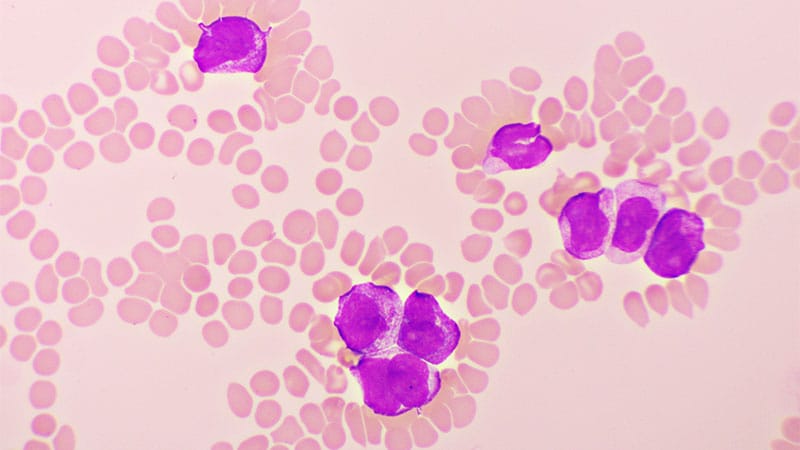An expert panel led by the Northern Centre for Cancer Care at Freeman Hospital in Newcastle upon Tyne have developed recommendations on the management of common side effects with rucaparib based on personal experience and clinical data on the use of rucaparib in ovarian cancer. Recommendations are provided on the management of blood creatinine elevations, alanine aminotransferase and aspartate aminotransferase elevations, thrombocytopenia, and anaemia.
Key recommendations include:
- Patients of reproductive age should be made aware of the risk of foetal harm.
- Breastfeeding is contraindicated.
- Coadministration of rucaparib can increase systemic exposure of cytochrome P450 (CYP) 1A2, CYP3A, CYP2C9, or CYP2C19 substrates.
- If dose reductions are required, reduce dose level in 100 mg increments to ≥300 mg BID. The first dose reduction level is 500 mg BID.
- Haemoglobin levels should be monitored at least every 28 days. For anaemia, consider treatment interruption and dose reduction to reduce the need for transfusions.
- No dose adjustment needed for mild to moderate renal impairment (CrCl 30-89 mL/min).
- Dose recommendations have not been determined for patients with CrCl <30 mL/min or require dialysis.
- Monitoring renal and liver function monthly.
- No intervention for grade 1-3 ALT/AST elevations provided other causes were excluded. For grade 3 elevations, interrupt if levels continue to rise/do not decline to grade ≤2 within 2 weeks. Grade 4 elevations require treatment interruption and dose reduction.
- Interrupt rucaparib for grade ≥3 thrombocytopenia and delay the next cycle until recovery to grade ≤1 (platelet count ≥75 × 109/L). Consider dose reduction in patients who fail to recover platelet count.
Presenting the recommendations in The Oncologist, the experts say: “As more oncologists begin to use rucaparib and other PARP inhibitors as part of routine clinical practice, awareness of possible side effects and how to adequately manage toxicities is crucial.”



